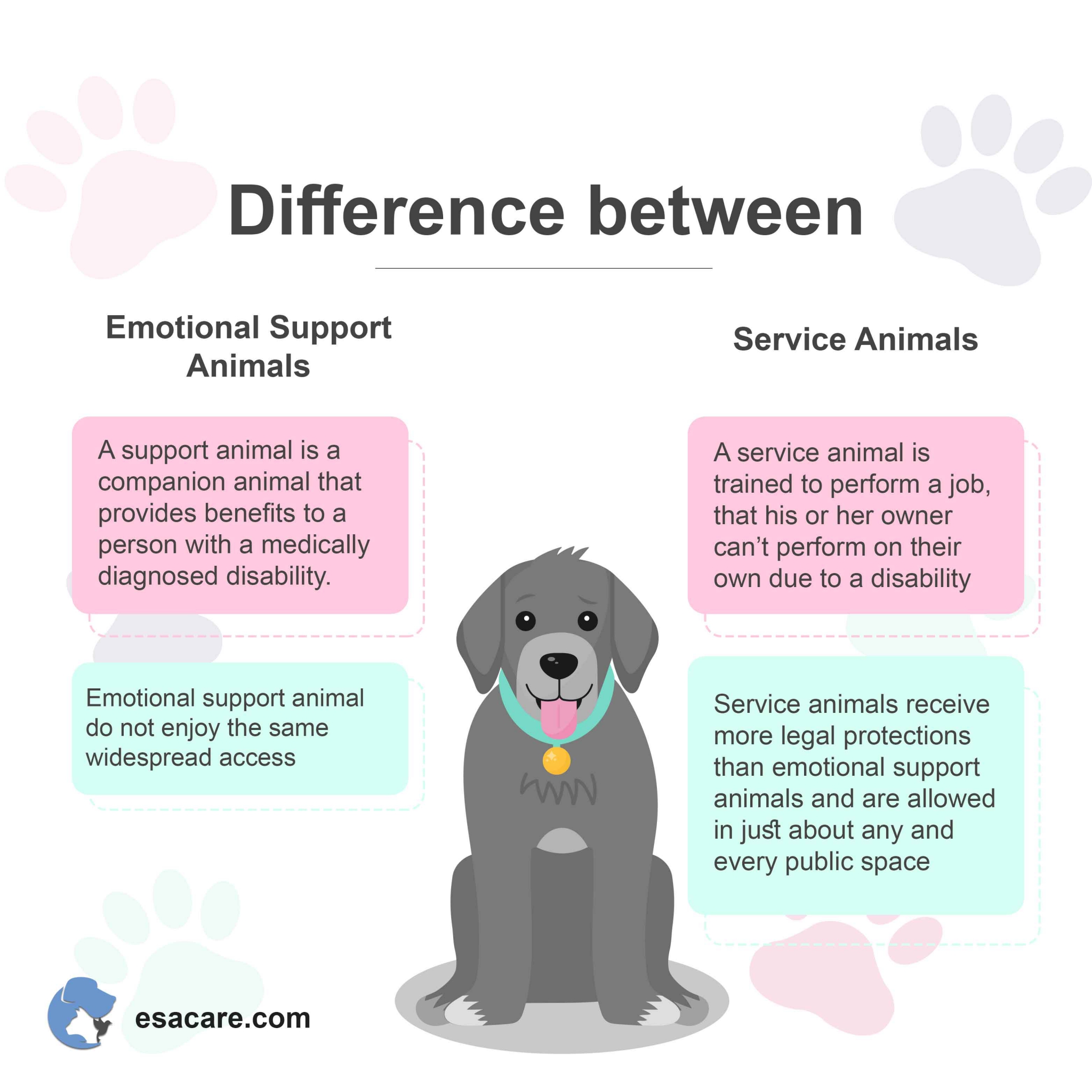Ringworm in Dogs: Causes, Symptoms, and Effective Treatment Options
Ringworm, despite its name, is not caused by a worm but rather a fungal infection that can affect our beloved canine companions. This blog post will provide you with comprehensive information about ringworm in dogs, its symptoms, and various treatment options available, including home remedies and over-the-counter solutions.
Understanding Ringworm in Dogs:
Ringworm is a highly contagious fungal infection that can affect a dog’s skin, hair, and occasionally, nails. The fungi responsible for ringworm in dogs belong to the Microsporum and Trichophyton species.
Recognizing the Symptoms:
Common signs of ringworm in dogs include circular or irregularly shaped lesions on the skin, often accompanied by redness, itchiness, and hair loss. The affected areas might appear crusty or scaly, and the condition can spread to other pets and humans.
Causes of Ringworm in Dogs:
Dogs can contract ringworm from other infected animals, contaminated objects, or even from the environment. Puppies, senior dogs, and those with weakened immune systems are more susceptible.
Seeking Veterinary Diagnosis:
If you suspect your dog has ringworm, it’s essential to consult a veterinarian for a definitive diagnosis. The vet may perform a Wood’s lamp examination, fungal culture, or microscopic evaluation of skin scrapings to confirm the infection.
Ringworm Treatment for Dogs:
Topical Antifungal Medications:
Your vet may prescribe antifungal creams, ointments, or medicated shampoos to apply directly to the affected areas.
Oral Antifungal Medications:
In severe cases or when the infection is widespread, oral antifungal drugs may be prescribed.
Environmental Decontamination:
To prevent reinfection, it’s crucial to thoroughly clean and disinfect your dog’s bedding, grooming tools, and living areas.
Ringworm on Dogs’ Belly:
Ringworm often appears on a dog’s belly due to the warm and moist conditions that promote fungal growth in that area. Prompt treatment is vital to prevent the spread to other parts of the body.
The Dangers of Untreated Ringworm:
Leaving ringworm untreated can lead to increased discomfort for your dog and the risk of spreading the infection to other pets and humans. Timely treatment is crucial for a faster recovery.
Home Remedies for Ringworm in Dogs:
While professional veterinary care is essential, some home remedies can complement treatment. Natural options like apple cider vinegar, coconut oil, and aloe vera may help soothe the affected skin.
Over-the-Counter Ringworm Treatments for Dogs:
Several over-the-counter antifungal products designed specifically for pets are available. However, it’s essential to consult your vet before using any of these products to ensure their safety and efficacy.
Frequently Asked Questions (FAQs) – Ringworm in Dogs
Q1: What is ringworm, and can dogs get it?
A1: Ringworm is a fungal infection that can affect dogs and is highly contagious. It manifests as circular lesions on the skin, causing hair loss and itchiness.
Q2: How can I tell if my dog has ringworm?
A2: Look for circular or irregularly shaped lesions on your dog’s skin, often accompanied by redness, itchiness, and hair loss. Ringworm commonly appears on the head, ears, paws, and belly.
Q3: Can ringworm on dogs spread to humans or other pets?
A3: Yes, ringworm in dogs is zoonotic, meaning it can spread to humans and other animals. Take precautions and seek treatment promptly to prevent transmission.
Q4: What are the treatment options for ringworm in dogs?
A4: Treatment may include topical antifungal creams, oral medications, and environmental decontamination. Consult a veterinarian for the best course of action.
Q5: Is untreated ringworm dangerous for my dog?
A5: Untreated ringworm can lead to discomfort, spreading of the infection, and potential complications. Timely treatment is crucial for your dog’s well-being.
Q6: Can I use home remedies to treat ringworm in dogs?
A6: Home remedies like apple cider vinegar, coconut oil, and aloe vera may help soothe the affected skin, but they should complement professional veterinary care, not replace it.
Q7: Are there over-the-counter ringworm treatments for dogs?
A7: Yes, some over-the-counter antifungal products designed for pets may be available. However, consult your vet before using them to ensure they are safe and effective.
Q8: How can I prevent ringworm in my dog?
A8: Regular grooming, cleanliness, and avoiding contact with infected animals can help prevent ringworm. Keep your dog’s living area clean and disinfect items they use regularly.
Q9: Can my dog get ringworm from the environment?
A9: Yes, dogs can contract ringworm from contaminated objects and environments where infected animals have been.
Q10: Can I apply antifungal creams meant for humans on my dog’s ringworm?
A10: No, it’s essential to use medications specifically designed for dogs. Human products may contain ingredients harmful to pets.
Conclusion:
Ringworm is a treatable condition in dogs, but it requires timely and appropriate measures. If you suspect ringworm in your furry friend, seek veterinary guidance promptly. With proper treatment, love, and care, your dog will be on the road to recovery and back to wagging its tail in no time. Remember, a healthy pet means a happy pet!









